Following the triumphs and struggles of the Los Angeles Lakers basketball in the 1980s, we see how a dynasty is built on the lives of the NBA legends who made magic on and off the court. Winning Time is HBO’s slam-dunk drama depicting the Lakers transition from also-rans to cultural stardom.
In this Goggler exclusive, we speak to actors DeVaughn Nixon, Jason Segel and Tracy Letts, on their characters and how they speak to the viewers, even if they aren’t fans of basketball.
Goggler: Introduce your character in Winning Time.
DeVaughn Nixon: I play Norm Nixon, Number 10, point guard, started his career in ‘77, would be considered probably the nemesis to Magic Johnson in this series, but they form a brotherhood. Two time all-star and he’s a baller.
Jason Segel: I play Paul Westhead, the assistant coach and very close friend and associate of Jack McKinney. He ends up being called up to be the de facto head coach and coaches the Lakers to the championship.
Tracy Letts: I’m playing Jack McKinney who is the first coach of the Showtime Lakers.
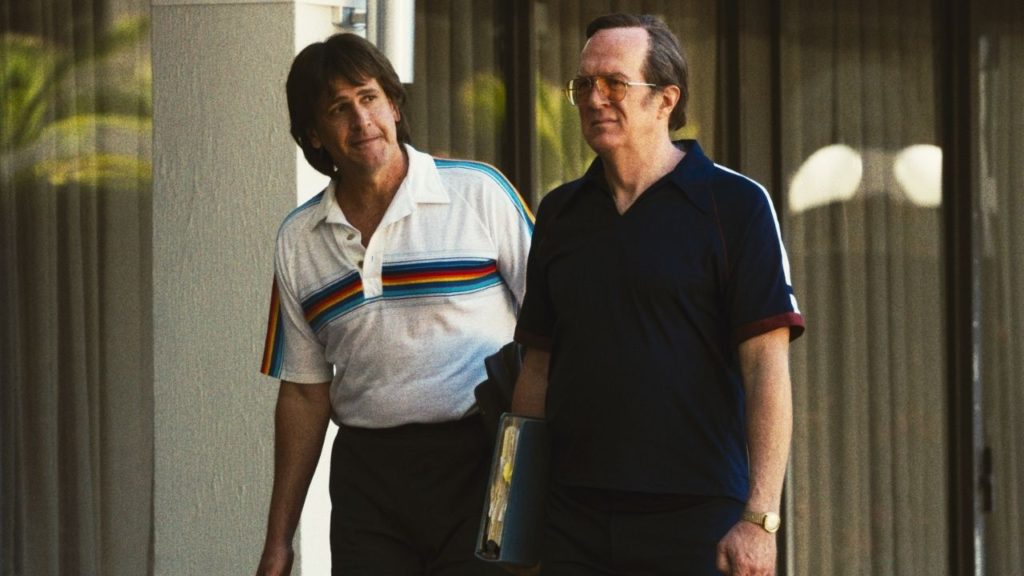
Goggler: What are they like?
DN: Norm tends to be a little bit loud. He’s a well-dressed, stylish, cool, calm, collected dude. Comes from Macon, Georgia, listens to jazz and he’s a fly guy. The first point guard before Magic (Johnson) got there. The first time you see Norm, it would be easy to say that he definitely… feels himself a little bit. Confidence could be considered arrogance. It could be confused. So, I would say he is an extremely confident man.
JS: When we meet Paul Westhead, he is actually a bit of a defeated character. He’s teaching English. He’s been sort of stripped of any coaching duties at the collegiate level and he gets called upon by Jack McKinney to come be his assistant with the Lakers. He’s really happy in that position. And I think sort of thinks that’s his lot in life. But because of a series of bizarre circumstances, he’s forced to step up and try to lead the Lakers and he goes from being incompetent to gaining their confidence to being the coach.
Goggler: How famous and important were the coaches at the time?
TL: At that time, just as now, for those people who are true fans they pay a lot of attention to the coaches and what the coaches bring to the party. But for casual fans I don’t know how much they’re actually looking at the coaches. Particularly in the NBA, where we see the players and where their faces are very visible; they’re not behind masks — the NBA has always been a league of personalities and of star players. At this particular time in history, we’re talking about the birth of the Showtime Lakers which was really kind of the beginning of a marriage of sports and show business and television. I mean, there was a real explosion, not only in the NBA, but throughout sports. These players really, really took on a kind of superhero status in the culture. How much attention people were paying to the coaches? I don’t know how much your casual fan was paying attention to what was going on in the front office or with the coaching staff.
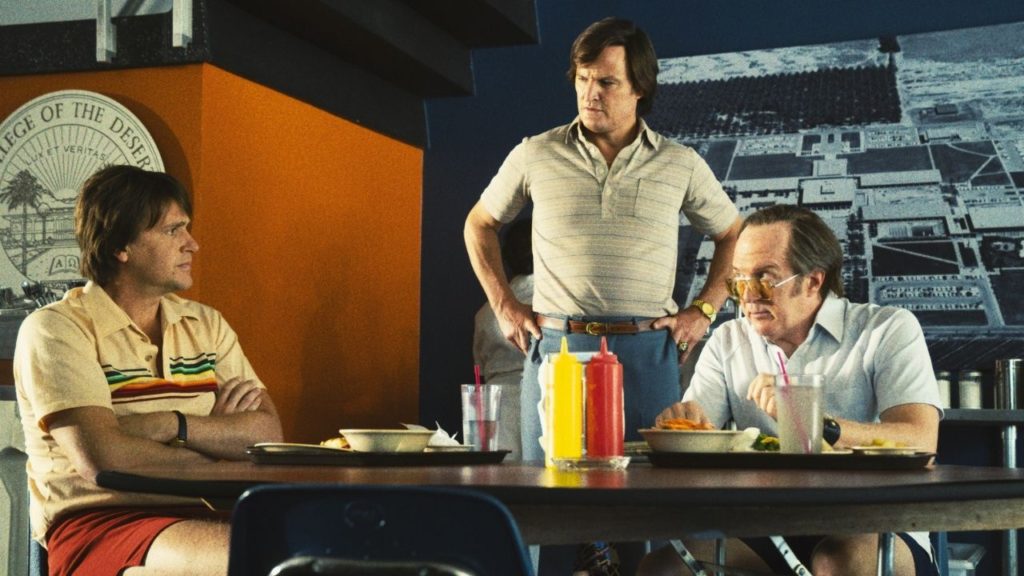
JS: I think that Jerry Buss was the driving force behind the showbusiness elements. I think that he wanted sports and entertainment to fuse. Separately, by a stroke of luck, Jack McKinney’s philosophy was to keep that ball moving; to keep things fast paced. And so those two philosophies combined, I think, to create the Showtime Lakers.
Goggler: For those who aren’t interested in basketball, what are the universal aspects of this story?
DN: We have brilliant writers — Max Borenstein, Jim Hecht, Adam McKay, Rodney Barnes — and the way that they storytell is very educational. We make it really, really fun — there’s a lot of flashbacks; there’s a lot of explaining of who Jack McKinney and Paul Westhead are. Even though people know the name of Pat Riley, it flashes back to explain those characters. So, I feel like not only is it fun, with the quick cuts and the music, the time period, the cool costumes, and the sex, drugs, and alcohol aspect of it… but it’s a history lesson. That’s how I think it’ll speak to the audiences and that’s how I think that we’re going to capture some people who aren’t necessarily sports fans.
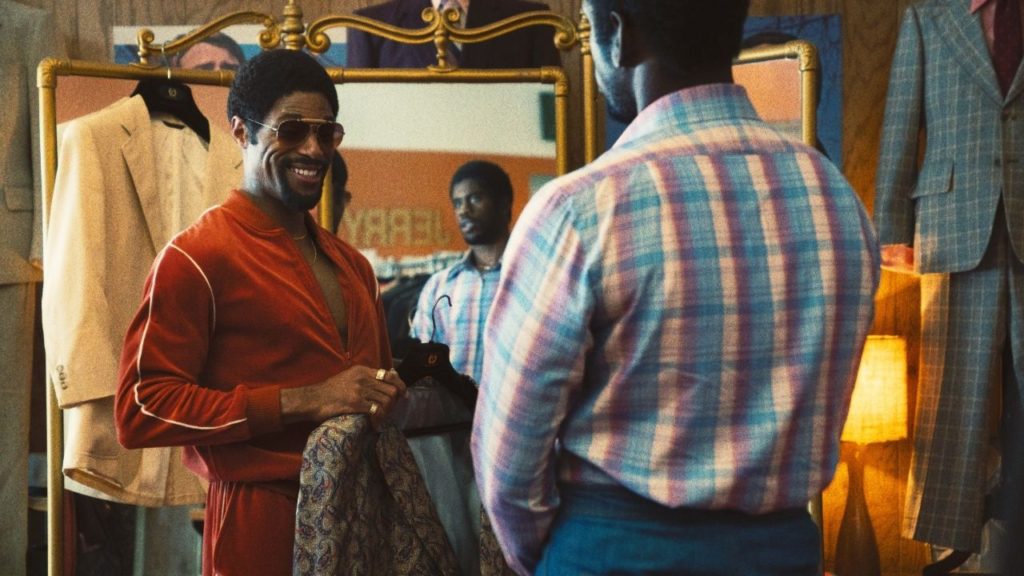
TL: Sports movies are rarely if ever about sports, right? Rocky isn’t about boxing. It’s about human endeavour. That’s why it’s relatable to anybody who’s watching whether they play sports, follow sports, care about sports at all. Everybody can identify with people trying to overcome obstacles, whether they’re external obstacles or personal obstacles. And this story has a lot of different people coming together to surmount the obstacles in their life to try to achieve something together. That’s a very human story.
JS: I would also say that the cast of this show is so incredible that you would get the call sheet each morning and think, ‘Oh, there are 20 people on this call sheet who could be the lead of their own TV show.’ I mean, it’s insane, the scope of the show. I don’t know how they paid for it! That’s not my job. But very much like sports, my experience is when you’re acting against somebody you admire, it is kind of raising your game as well. I found that each time I would walk into a scene it would be like ‘Oh shit, I better be great today.’
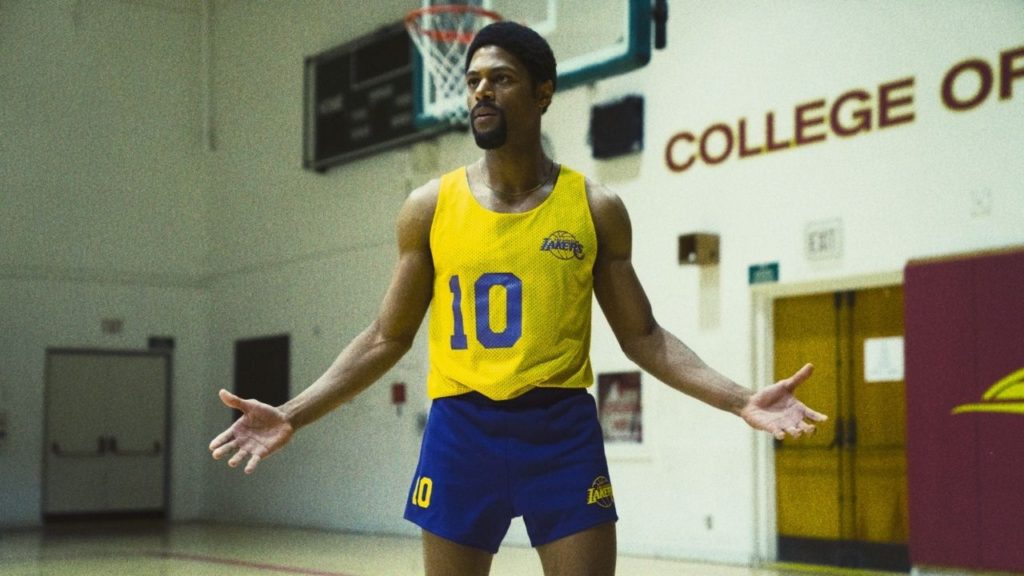
Goggler: How were the playing sequences done?
DN: It was a very thought-out process. Max Borenstein would come in, and literally he would choreograph it like dance. Idan [Ravin] would help him – he has trained actual NBA players like Chris Paul, Carmelo Anthony, Gilbert Arenas and Elton Brand, so they would choreograph it, we would rehearse it like three weeks out every scene. Then when we would get on the actual day, and we would rehearse it again. It was just like music man, we just all came together. There were real full sequences, you know – some were like cuts where we’d pass the ball, somebody takes a jumper, but they were actually like, you inbound the ball, you take it out… we were running plays. So, I think that that’s going to come across, the beauty of what we were doing. NBA players are going to see this, and they’re going to be like, ‘Oh, wow, they’re actually playing basketball.’


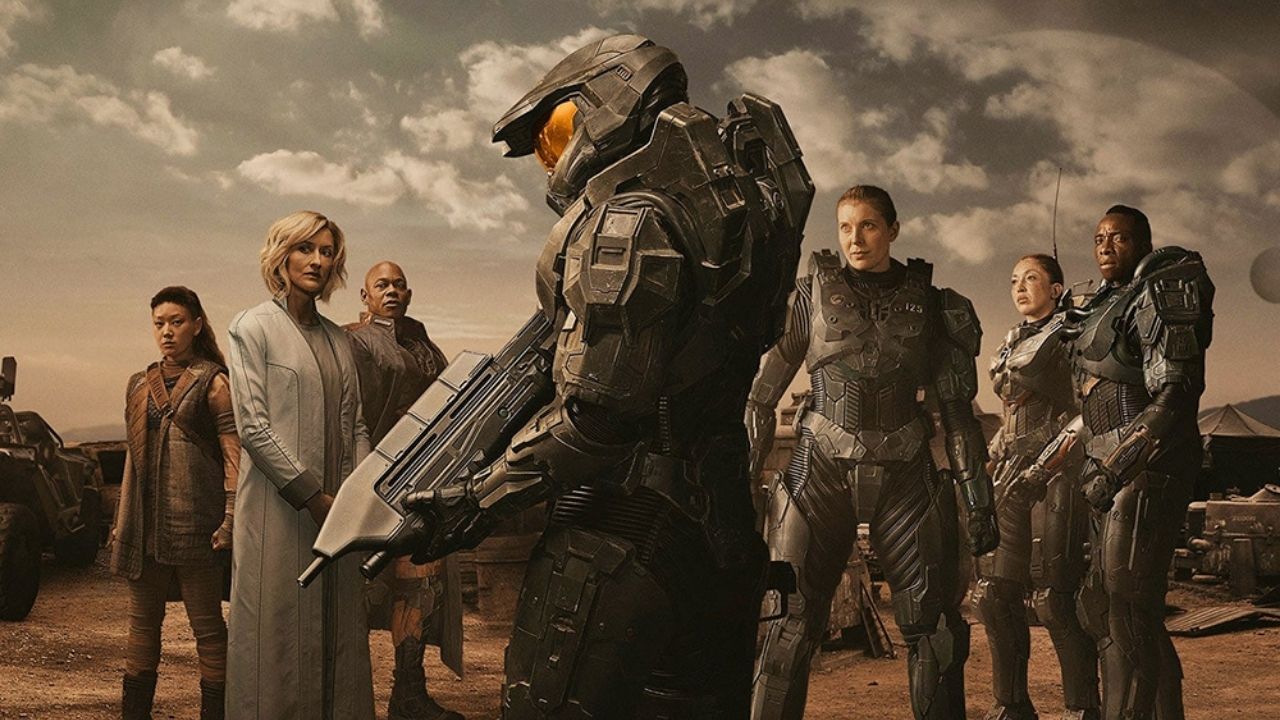
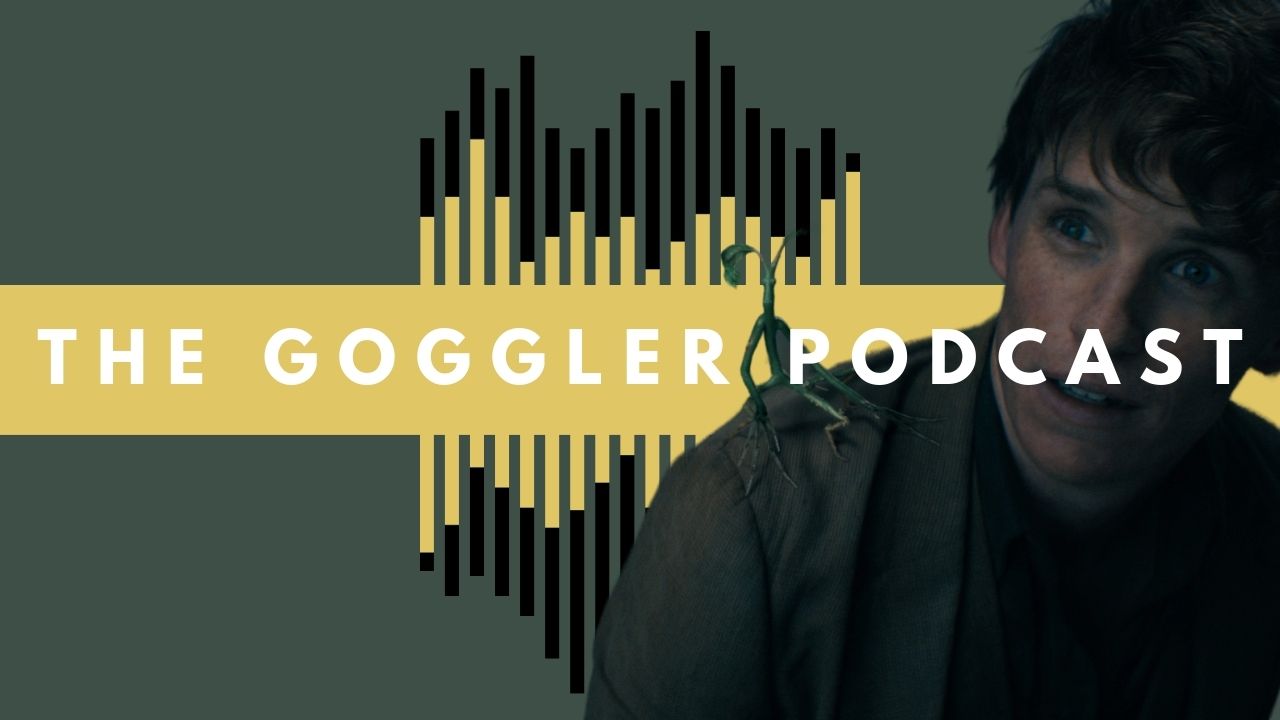


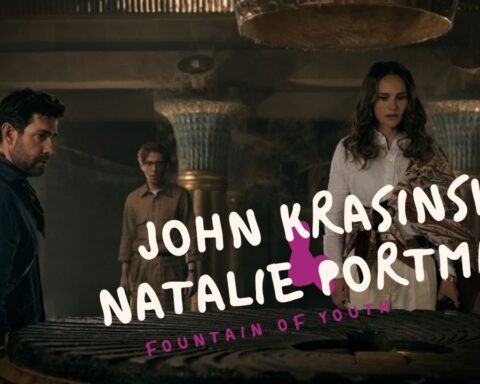
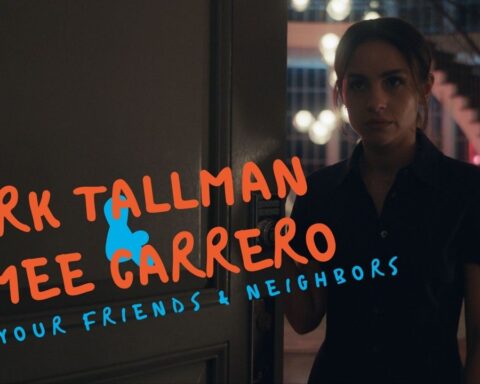
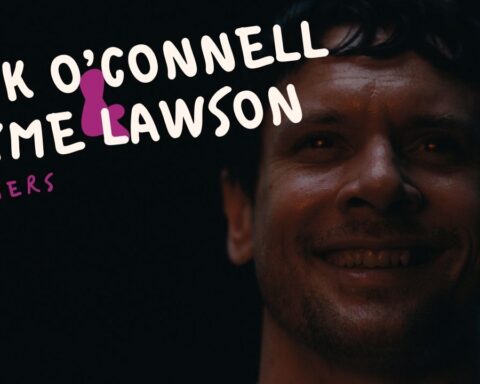
Follow Us